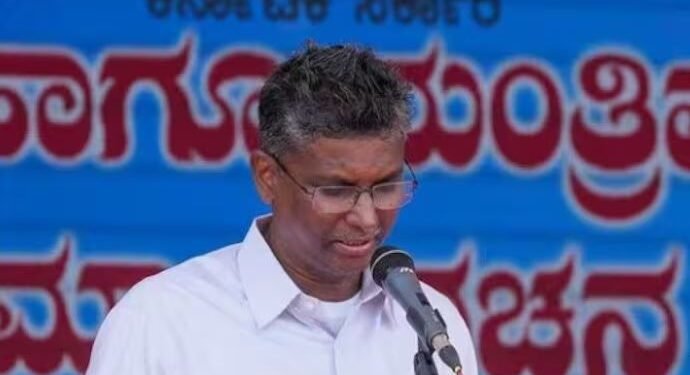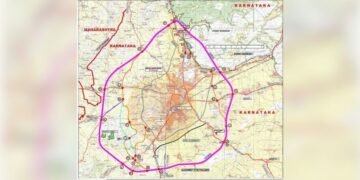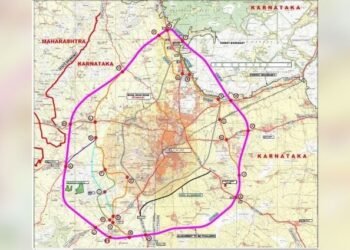Satish Jarkiholi hinted at a potential delay of one month for the implementation of the Anna Bhagya scheme, originally scheduled to commence on July 1. This delay is attributed to the unavailability of the promised rice quantity as committed by the Congress government. The situation suggests that logistical challenges have arisen, necessitating a possible rescheduling of the scheme’s rollout.
Satish Jarkiholi, the Minister of Public Works Department (PWD) in Karnataka, has raised the possibility of a delay in the implementation of the Anna Bhagya Scheme. During discussions on Sunday, he expressed apprehensions regarding the timely distribution of an additional 5 kilograms of rice as part of the scheme. The concerns revolve around ensuring the smooth provision of the promised rice quantity, which might result in a potential postponement of the scheme’s launch.
Jarkiholi has acknowledged the possibility of a one-month delay in the provision of rice under the Anna Bhagya Scheme. He reassured the public that if immediate distribution is not feasible, the rice will be made available next month. Jarkiholi expressed his understanding of the current availability of 5 kilograms of rice and mentioned ongoing efforts to explore various sources to fulfill the requirements. Despite the potential delay, he expressed confidence that a suitable solution will be found to ensure the successful implementation of the scheme.
Amidst concerns regarding the availability of rice, the rollout of the Anna Bhagya scheme, initially planned for July 1, is highly likely to face postponement. The government is confronted with the challenge of securing a monthly supply of 2.3 million metric tonnes of rice, a quantity currently unavailable in any state.
As one of the Congress government’s five pre-poll guarantees, the Anna Bhagya scheme aims to provide an additional five kilograms of rice per person to families holding Below Poverty Line (BPL) cards, in addition to the existing five kilograms provided by the central government.
The scheme’s projected cost stands at around ₹10,000 crore, with an estimated additional requirement of approximately 2.29 lakh metric tonnes of rice per month.
Initially, the Food Corporation of India (FCI) had agreed to supply the required quantity of rice. However, the FCI later retracted its decision, leaving the state government to explore alternative sources, which have proven to be more expensive.





















